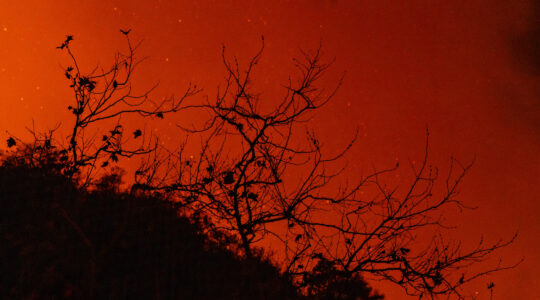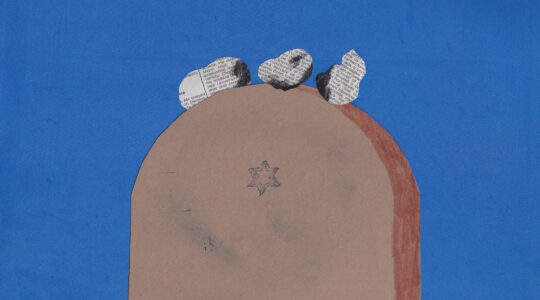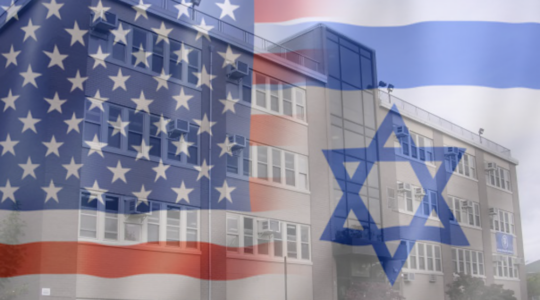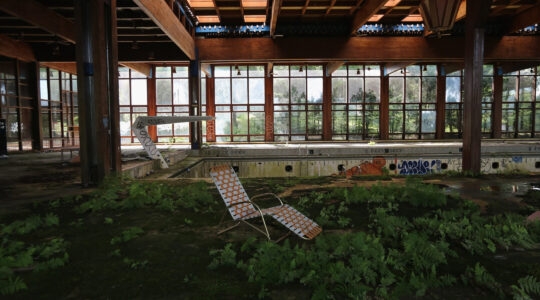My son was born in Haifa, Israel in 1995, and at that time the number of children with autism was thought to be around 1 in 1000. I didn’t immediately know that he had autism of course, but I did know that he was very different from my daughter who was two years older. And I knew that my mother’s intuition was working overtime, and I was very concerned. So began a journey of parenting that was entirely different than the journey I had embarked on with my daughter, and entirely different than that of any of my friends. So also began a journey of figuring out how to travel a different road as a family.
My son’s early years were challenging in ways that other parents of children with autism would recognize. He did not respond to the world the way other children did. I was an educator and well versed in child development, and I knew that we were in uncharted waters! I had not yet heard the term ‘Sensory Processing Disorder’ (or Sensory Processing Dysfunction as it was called then) that I discovered soon after we moved to the US, but I often described my son as a person who had no buffer between himself and the world. He was impacted by input and people in a way that I had never seen before. I longed to give him more padding, so that he would be more protected from all of the elements, both visible and invisible, that seemed to affect him.
As we all know, a family with a child with special needs has to have a multi-faceted toolbox to help themselves and their child maneuver the world. This toolbox needs to include coping skills for the child themselves, but also coping skills for the parents and siblings who share this off-road journey.
One of my own tools for coping is writing songs. So I began writing songs of encouragement to my son, songs to accompany my journey as a mother, and songs for our journey as a family. Eventually these songs grew into “concert-conversations” for parents, “support for the support system that needs support;” then into two CDs, But First Do No Harm and Apples From the Tree. Then, since I wear both the hat of a parent and that of an educator, I developed workshops for teachers on Sensory Processing Disorder. And I added community building workshops, for community organizations that are striving to be inclusive of all their members. I call these sessions Kodem Kol Kavod, (First of all, respect.)
I think that one of the aspects of life that is most disrupted by having a child with autism is the sense of community. Play dates with other children don’t work as well as they do for neurotypical kids. Conversations with friends become uncomfortable, because many of the developmental milestones that our friends’ children are reaching are missing from our child’s trajectory. The sense of growth and progress is very different: friends don’t understand why NOT having a melt-down in the mall is of any note at all, let alone a reason for rejoicing. And community events themselves are often challenging: Purim carnivals in large social halls often left my child in tears, with others staring in incomprehension at best, in judgement at worst.
I am thrilled that there is growing awareness in the American Jewish world of the need to create truly inclusive communities. We help this process by analyzing the ways in which our Jewish communities have not been inclusive, and where we can make changes in our approach to inclusion. I believe that our religious texts and folklore reveal how inclusion is actually central to Judaism: we all know the story of Rabbi Hillel, who said that Judaism can be summarized on one foot by the saying, “What is hateful to you, do not do to your neighbor.” It seems that the most important tenant in Judaism is to treat others the way we want to be treated, regardless of whether or not they are similar to us, speak like us, have the same interests, dress like us, or can do the things that we can do. Inclusion and acceptance are the very fiber of Judaism. As we would like others to extend themselves to us, we must extend ourselves to another.
I love the old Jewish folktales and songs that give evidence that our ancestors knew a thing or two about making sure that there was room for everyone in the shtetl. May we continue to work to make our “shtetls” places where everyone is welcome, regardless of their neurological wiring!
Joanie Calem is an autism parent, teacher, songwriter, performer and disability awareness advocate. Since her first year of teaching in 1984, Joanie always had students with diverse learning styles, and learned to adjust her teaching in order to meet students where they are, building from their strengths and helping them learn to strategize their perceived weaknesses. Wearing the dual hat of both teacher and parent of a child with special needs, Joanie has extensive learning in the field of Sensory Processing Disorder. For the past four years she has been leading “concert-conversations” for teachers, parents and communities, sharing original songs as starting points for discussions on how to build truly inclusive communities that allow room for the increasing “neurodiversity” in our world. These sessions focus on understanding how Sensory Processing Disorder presents in classrooms, community settings and other public spaces, and exploring simple strategies that can be put in place to make our environment more sensory friendly for those that struggle with sensory overload.
The New York Jewish Week brings you the stories behind the headlines, keeping you connected to Jewish life in New York. Help sustain the reporting you trust by donating today.




